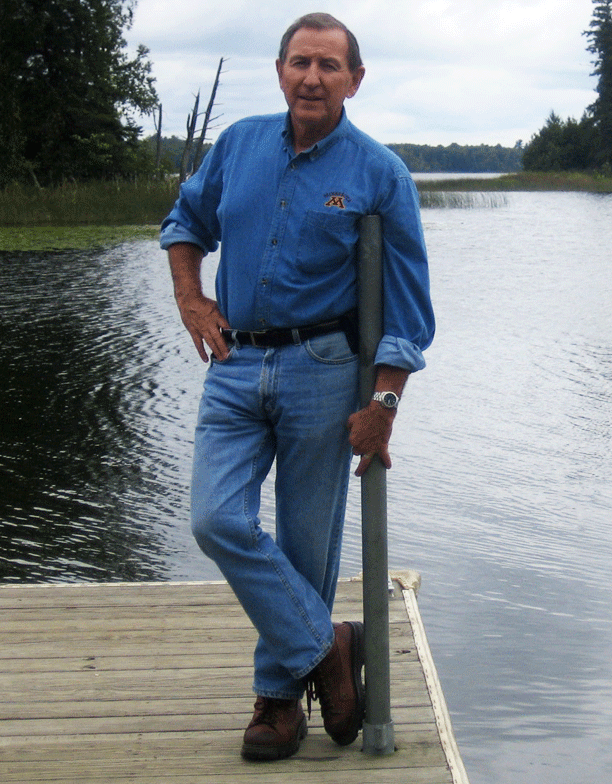
 |
 |
||||||
|
||||||
|
In addition to Into the Backlands Ken is the co-author of the memoir Retrieving Isaac & Jason, published by His debut memoir, Into the Backlands was released in July of 2018. In 1962 as a teenager, Ken, Ken, in addition to being a pioneer Peace Corps Volunteer in 1962, is a founder of the Rural America Writers’ Center |
I grew up in the idyllic hill country of southeastern Minnesota, a land inhabited by Native Americans and I believe a land Once I got started I have not stopped. I have for many years kept journals, written numerous short stories, essays, some poetry |
IN NEW PEACE CORPS MEMOIR, MINNESOTA AUTHOR CHALLENGES YOUNG PEOPLE TO GO OUT INTO THE WORLD AND HAVE AN ADVENTURE By Rachel M. Anderson, Contributing Writer When we are young we dream of the great adventures we will go on one day. Oftentimes, these adventures are inspired by But how many of us in our youth actually answer the call for adventure? In 1962, Ken Fliés was among the first few thousand Fliés was one of four residents of the small rural southern Minnesota town of Plainview in 1962 to join the original group Once there, his job was to help people in a remote village establish community development programs and improvements in In his new memoir, Into the Backlands, Fliés shares his memories of his adventure. It is a book the Minnesota Historical “I have written and lectured extensively on the American Civil War and had recently found the diary of a Civil War soldier Part memoir, part history book, Into the Backlands not onlyshares details about a young man’s adventures but of the “Our group started out with tremendous trauma, living and training in isolation under armed guards in Alabama because Just when they were starting to settle in, the group suffered the loss of its inspirational leader, President Kennedy, who “Our Brazil project was the largest ever attempted in the more than fifty year history of the Peace Corps. This, plus the Towards the end of the book, Fliés sums up his adventure in these words: “As a young American who had rarely traveled
“The greatest part of my adventure was discovering so much about myself,” said Fliés. “I did not speak to my family or
ABOUT THE AUTHOR Ken Fliés grew up on a dairy farm in Southeastern Minnesota and says he led a relatively sheltered life during his youth. Once there, all he could think about was getting back home; but it didn’t take long for him to get over his fear of the unknown. When he returned home, Fliés became an accomplished national and international business and social entrepreneur, involved In addition to being a pioneer in the Peace Corps and business, Fliés was a founder of the Rural America Writers’ Center Ken Fliés was recognized by Minnesota Governors Tim Pawlenty and Mark Dayton, first in 2002 as an outstanding In addition to Into the Backlands, Fliés is also the co-author of the memoir Retrieving Isaac & Jason, published _____________________________________________________________________________ EDITOR’S NOTE: This article and the accompanying photography are available for your use copyright free and cost-free. High resolution photography is available for your use for free as well upon request. If you prefer to arrange an interview of your own with Ken Fliés, contact Rachel M. Anderson, Publicist, at 952-240-2513 or rachel@rmapublicity.com. © ken flies 2019
|